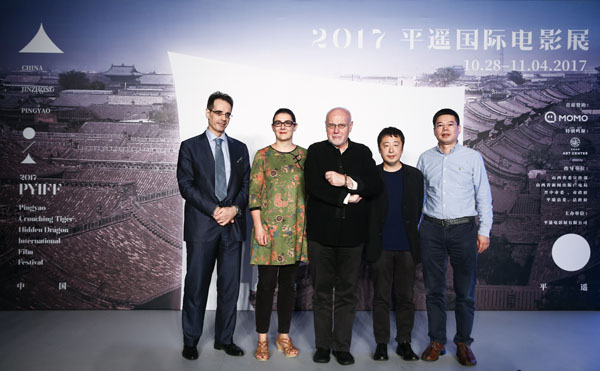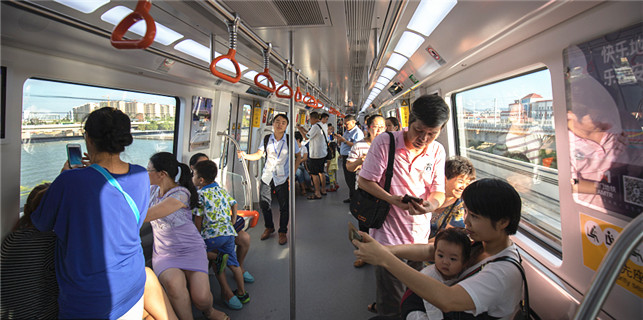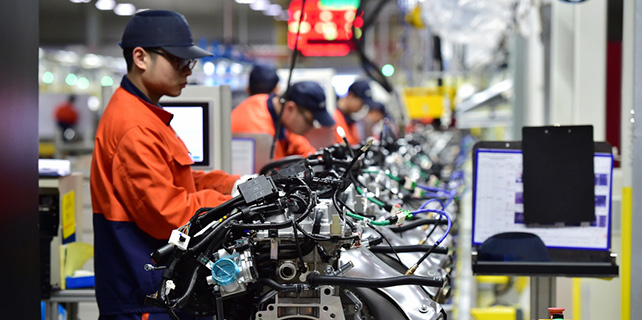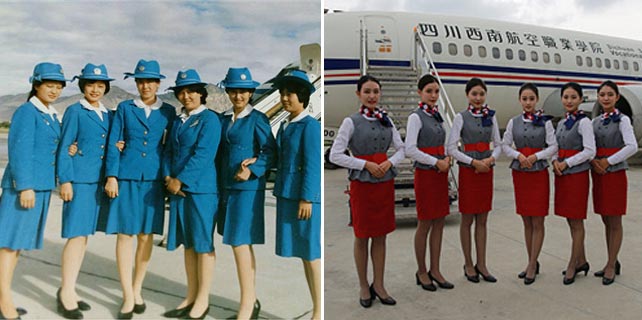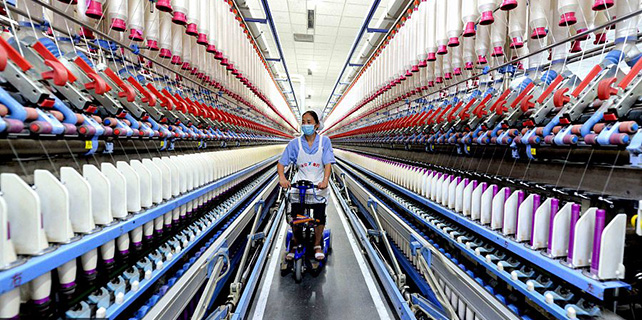Ancient city of Pingyao to host int'l film festival
Director Jia Zhangke's new film festival in his home province uses the ancient city of Pingyao as a backdrop for the international event. Wang Kaihao reports.
Jia Zhangke, one of China's most internationally recognized film directors, finally has the chance to place the cinematic spotlight on his home province of Shanxi with the launch of a new international film festival.
The first Pingyao International Film Festival, the brainchild of the acclaimed director, will be held from Oct 28 through Nov 4, Jia announced at a news conference in Beijing on Monday.
Pingyao, a small city in the central region of Shanxi province, is home to China's best-preserved ancient walled town with a history dating back 1,400 years, and is also a listed UNESCO World Heritage site.
Born in Fenyang county, Shanxi, Jia has a deep emotional attachment to his home province. Small Shanxi towns are often used as the backdrop to his films, and much of the dialogue is spoken in Shanxi dialect.
"International cultural events including film festivals are not the preserve of cities like Beijing and Shanghai," he said on Monday. "More of these events are now spreading to smaller locations in central and western China to reach more people."
Jia says his earliest inspiration for cinema came from the streets of small cities around Shanxi, and that he was glad to be bringing an experimental film festival back home.
The theater screening the films at the festival has been named Platform, echoing the title of Jia's film Platform (2000), a production that drew him wide international recognition. Many scenes in that film were shot in Pingyao.
"Well, a new film festival needs a big picture and a wide horizon," he explains. "However, it also needs a smaller format (to succeed)."
Jia says that while it was never his intention to try and compete with larger Chinese film festivals, the standard of the entries selected for the Pingyao event would be of the highest quality. In fact, only about 40 films from 18 countries will make the cut for the upcoming festival.




